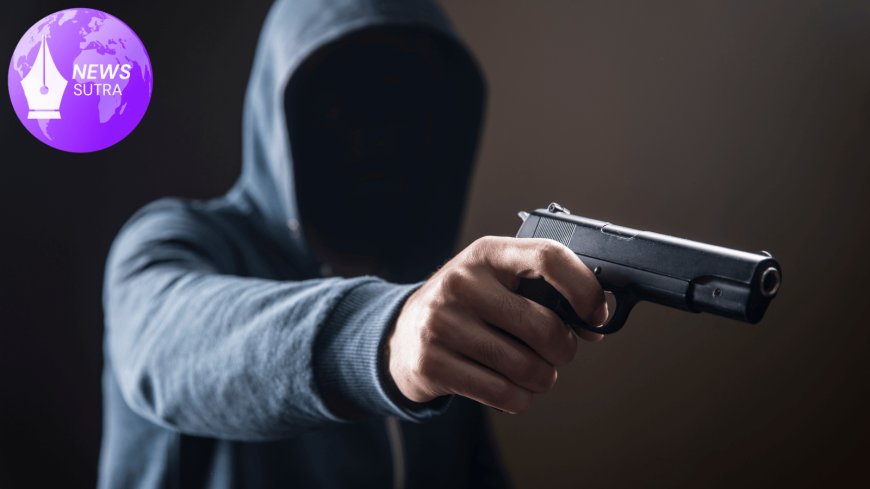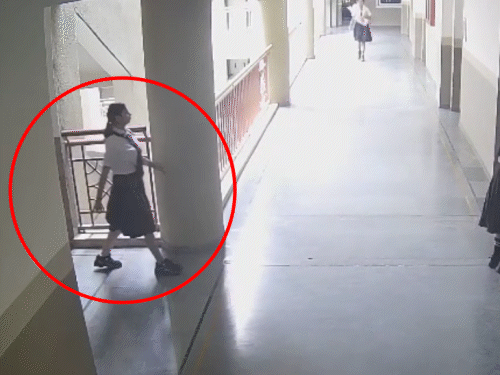Trump Administration Faces Scrutiny Over Rollback of Gun Violence Prevention Efforts
The Trump administration’s rollback of gun violence prevention programs faces criticism amid CDC data showing disproportionate impact on Black communities.

Gun violence in the United States continues to dominate national debate, with new data underscoring its disproportionate impact on Black communities. Against this backdrop, former and current policy decisions are drawing fresh scrutiny. The Trump administration’s rollback of certain prevention measures has become a flashpoint in the conversation, raising questions about federal responsibility in addressing public safety and equity.
Policy Rollbacks and Their Impact
During Donald Trump’s presidency, several programs and regulations tied to gun violence prevention were scaled back. One of the most notable actions occurred in February 2017, when the administration revoked an Obama-era rule that would have added certain individuals with mental health conditions to the federal gun background check system. Critics argued the move weakened safeguards intended to prevent firearms from reaching those at high risk of violence.
In 2018, the administration also disbanded the Federal Commission on School Safety after releasing its final report, which drew criticism for downplaying gun access and instead focusing on issues like mental health and school discipline. For many advocates, these decisions reflected a shift away from addressing systemic gun access toward narrower, less controversial approaches.
Data on Black Communities
Recent studies highlight the outsized effect of gun violence on Black Americans. According to a 2023 analysis by the Centers for Disease Control and Prevention (CDC), firearm homicide rates among Black men aged 15 to 34 were more than 20 times higher than those for white men in the same age group. Urban neighborhoods in cities such as Chicago, Baltimore, and Philadelphia remain the most affected, despite broader national declines in violent crime.
Advocates argue that the rollback of prevention programs exacerbated these disparities. Without adequate investment in community-based interventions, disproportionately impacted communities often lack the resources to address cycles of violence.
For context, a detailed breakdown of firearm-related disparities can be found in resources provided by the CDC and further legal policy analysis is available through Justia.
Political and Social Reactions
Civil rights groups, community leaders, and some lawmakers have spoken out against what they view as a neglect of prevention. In July 2024, activists in Washington, D.C., held a rally calling for the reinstatement of federal community violence intervention grants. Organizers emphasized that rolling back gun safety efforts while simultaneously acknowledging the disproportionate toll on Black families sends mixed signals about the nation’s priorities.
Meanwhile, Trump’s supporters defend the changes as necessary to protect constitutional rights. They argue that previous regulations unfairly targeted law-abiding gun owners without addressing the root causes of violence. For them, strengthening policing and mental health resources is a more effective solution.
Ongoing Policy Debates
The Biden administration has since moved to restore some prevention initiatives, including expanded funding for community violence intervention and greater focus on background checks. However, critics say progress remains slow, particularly as mass shootings and localized urban violence continue to draw headlines.
The political battle over firearms shows no signs of slowing. With the 2024 election year already having intensified debates, gun violence prevention remains an issue deeply tied to race, public safety, and constitutional freedoms.
Looking Ahead
The rollback of prevention programs under Trump’s leadership continues to shape how both parties frame the gun violence debate. As disparities in impact become more visible, particularly in Black communities, policymakers face mounting pressure to deliver solutions that balance public safety with Second Amendment protections.
For many families living with the daily consequences of firearm violence, the question remains whether Washington will prioritize prevention or continue to rely on reactive measures.
What's Your Reaction?
 Like
0
Like
0
 Dislike
0
Dislike
0
 Love
0
Love
0
 Funny
0
Funny
0
 Angry
0
Angry
0
 Sad
0
Sad
0
 Wow
0
Wow
0







































































